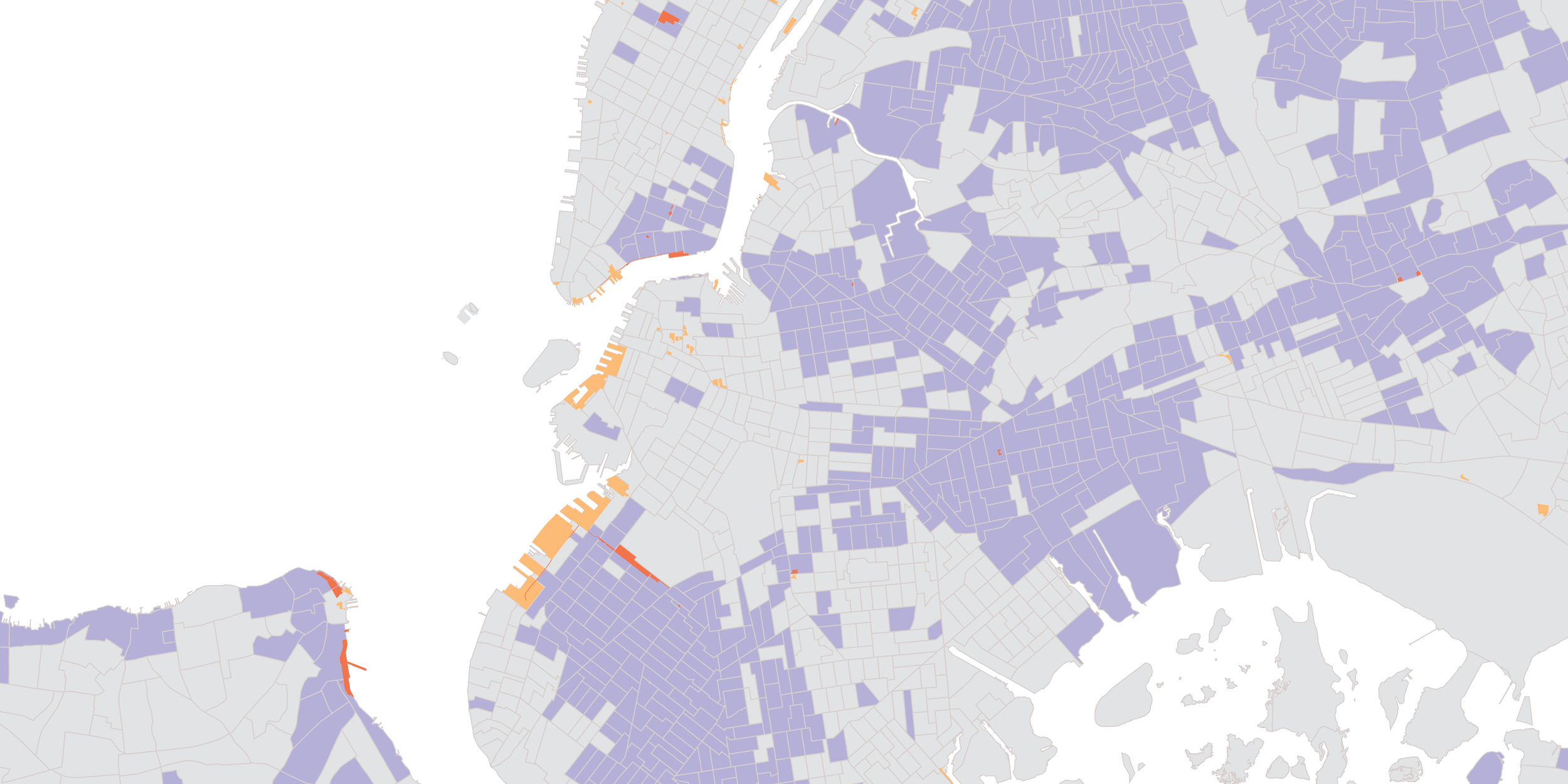
My Work
For cities to succeed in the 21st century, they need to foster an urban innovation ecosystem. I now research this theory at the Social Science Research Council—and previously at Cornell Tech—where I led Pilot:New York City. I also put my theory into practice through Eckholm Studio, an urban strategy consultancy.
The Theory
What was Pilot: New York City?
In 2023, in collaboration with the New York City Economic Development Corporation (NYCEDC), I led a research team to conduct a comprehensive ethnography of New York’s urban innovation ecosystem, including 120 stakeholder interviews. The result of my research is Pilot: New York City, a comprehensive plan to reinvent how the City pilots, procures, and changes policy to accelerate the deployment of climate technology.
The Urban Innovation Ecosystem
What do you mean by urban innovation?
I define urban innovation as the adoption of technology aligned with public interest in cities. I believe urban innovation consists of an ecosystem of five actors: government, companies, non-profits, academics, and financiers. In an ideal world, these five actors work together to propel technologies from idea to mass market adoption. In reality, promising new technologies often end in “pilot purgatory.”
Why should I care?
Most technology we need to achieve net-zero emissions by 2050 are still in the early phases of commercialization. That means we still need to figure out how to get them deployed in cities, which are the source of most of the world’s emissions by virtue of their population density.
The Practice
To operationalize this theory-of-change, I work with governments to help ambitious ideas to improve cities see the light of day. My work covers the intersection of the built environment and technology. I tend to enjoy working on cross disciplinary problems that cut across law, finance, and public policy.
Areas of Focus
Mobility
Buildings
Digital Infrastructure
Energy

